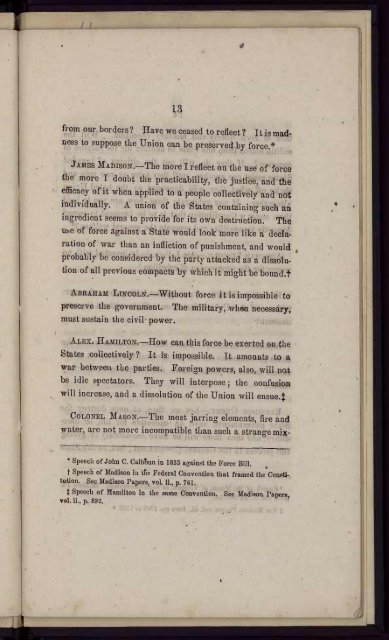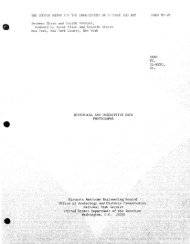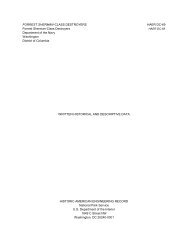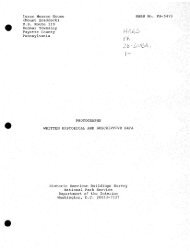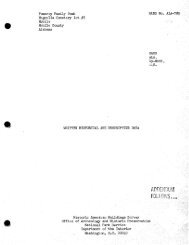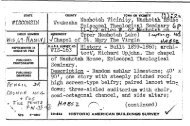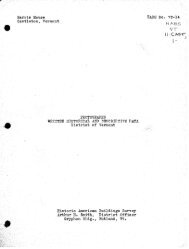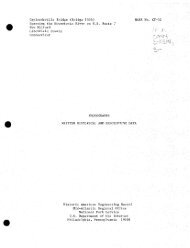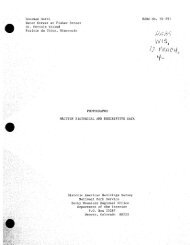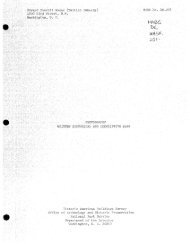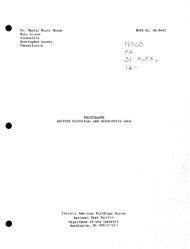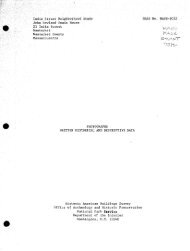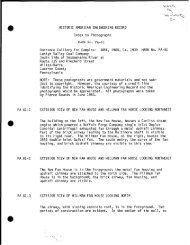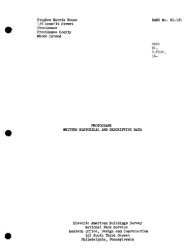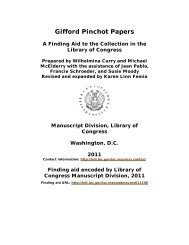TRIAL OF ABRAHAM LINCOLN - American Memory
TRIAL OF ABRAHAM LINCOLN - American Memory
TRIAL OF ABRAHAM LINCOLN - American Memory
You also want an ePaper? Increase the reach of your titles
YUMPU automatically turns print PDFs into web optimized ePapers that Google loves.
from our borders ? Have we ceased to reflect ? 11 is mad-<br />
ness to suppose the Union can be preserved by force *<br />
JAMES MADISON.—The more I reflect on the use of force<br />
the more I doubt the practicability, the justice, and the<br />
efficacy of it when applied to a people collectively and not<br />
individually. A union of the States containing such an<br />
ingredient seems to provide for its own destruction. The<br />
ube of force against a State would look more like a decla-<br />
ration of war than an infliction of punishment, and would<br />
probably be considered by the party attacked as a dissolu-<br />
tion of all previous compacts by which it might bo bound.f<br />
ABKAHAM <strong>LINCOLN</strong>.—Without force it is impossible to<br />
preserve the government. The military, whan necessary,<br />
must sustain the civil- power.<br />
ALEX. HAMILTON.—HOW can this force be exerted on the<br />
States collectively ? It is impossible. It amounts to a<br />
war between the parties. Foreign powers, also, will not<br />
be idle spectators. They will interpose; the confusion<br />
will increase, and a dissolution of the Union will ensue.J<br />
COLONEL MASON.—The most jarring elements, fire and<br />
water, are not more incompatible than such a strange mix-<br />
* Speech of John C. Calh^un in 1833 against the Force Bill,<br />
t Speech of Madison in the Federal Convention that framed the Consti-<br />
tution. See Madison Papers, vol. ii., p. 761.<br />
t Speech of Hamilton in the eame Convention. See Madison Papers,<br />
vol. ii., p. 892.


